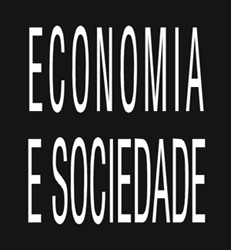This paper investigates the existence of a possible adverse incentive on the labor supply and weekly working hours of beneficiary mothers of the Bolsa Família Program. Three control groups are analyzed using propensity-score matching to compare non-beneficiary mothers to beneficiary mothers. The results show that there is a wealth effect related to the value of the benefits, given that the larger the benefit, the less active beneficiary mothers are in the labor market. Nonetheless, the net effect is positive, showing that there is a substitution effect due to a reduction in the children´s labor supply, a rise in the mother's available time, as well as decreasing the stigma.
Bolsa Família Program; Female labor supply; Adverse incentives; Matching; Heckman's procedure









